
Start for FREE today!
Learn the inspiring stories of the ancient Christians!
Christ entered the world during the reign of Caesar Augustus. The tensions between Christianity and the Roman Empire shaped the daily practice of the Christian faith and led many Romans to distrust and persecute the early Christians. But Christianity also benefitted from the Roman world. And when Rome collapsed in the West, Christianity provided the hope for preserving civilization.
In our new free online course, “Ancient Christianity,” you’ll learn:
- how the Jewish, Greek, and Roman cultures all contributed to preparing the world to hear the Gospel.
- why many Romans distrusted and persecuted the early Christians.
- the inspiring stories of Christ, His apostles, and faithful ones throughout the first four centuries of Christianity.
- the arguments of key early Christian apologists—Ignatius, Irenaeus, Justin, Athanasius, and more—who defended and defined the Christian faith amidst the animosity of the Roman world.
- the conversion of Constantine and how he brought stability to Rome, and how the rivalry between his sons almost returned Rome to paganism.
- how Augustine’s writings helped preserve the message of Christianity during the collapse of the Roman Empire in the West.
Taught by Professor of History Kenneth Calvert, you will discover the uncertainties, trials, and triumphs of the earliest Christians as they confronted controversies within the faith and persecutions from outside it.
The course includes 11 lectures, each approximately 30 minutes long. You can receive a completion certificate for the course by completing the lectures and quizzes. You will also have access to supplementary Q and A videos and study guides. The best part is that you can do all of this at your own pace and in a manner that best fits your schedule.
Join Dr. Calvert to discover the improbable and miraculous story of Christianity.
Released 2023.
Recommended Courses
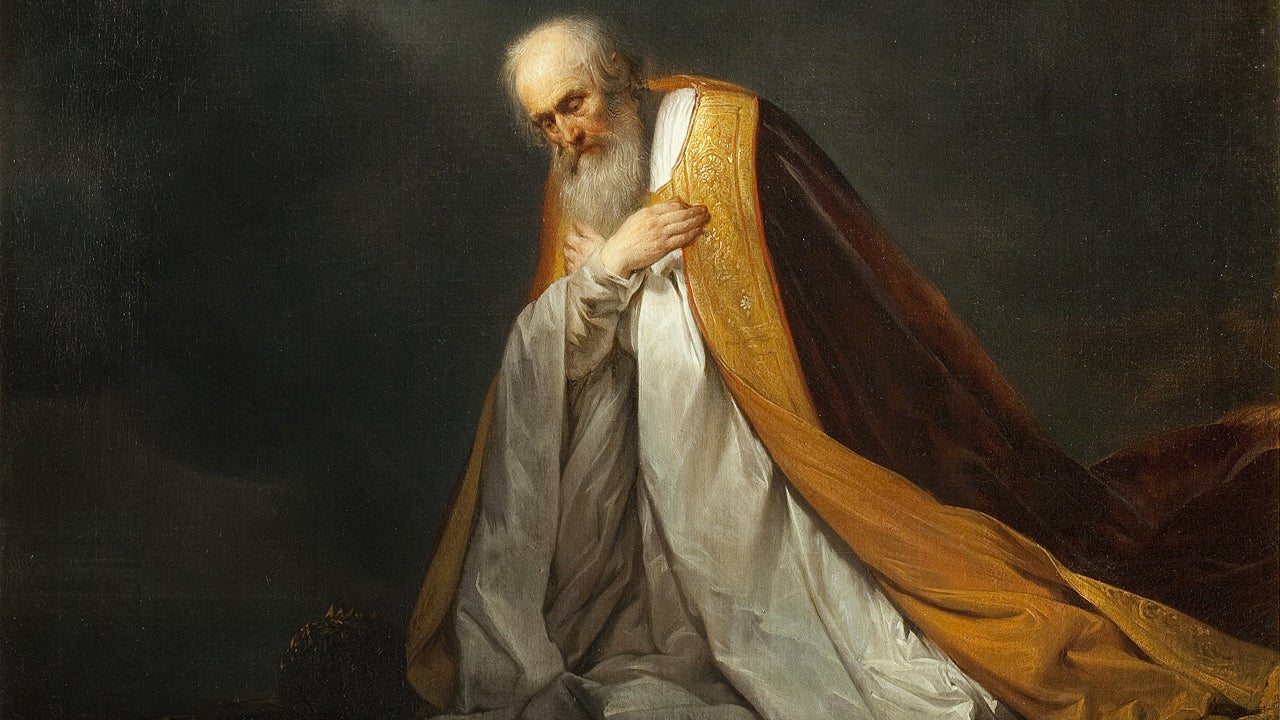
The David Story: Shepherd, Father, King
Literature
First and Second Samuel tell the story of Saul and David, Israel’s first two kings. These Old Testament books depict the importance of the relationship between father and son and the consequences of sin for the sinner, his family, and his nation. While David’s transgressions lead to great tragedy for himself and Israel, his penitence shows a path toward redemption.
8 Lessons
6h
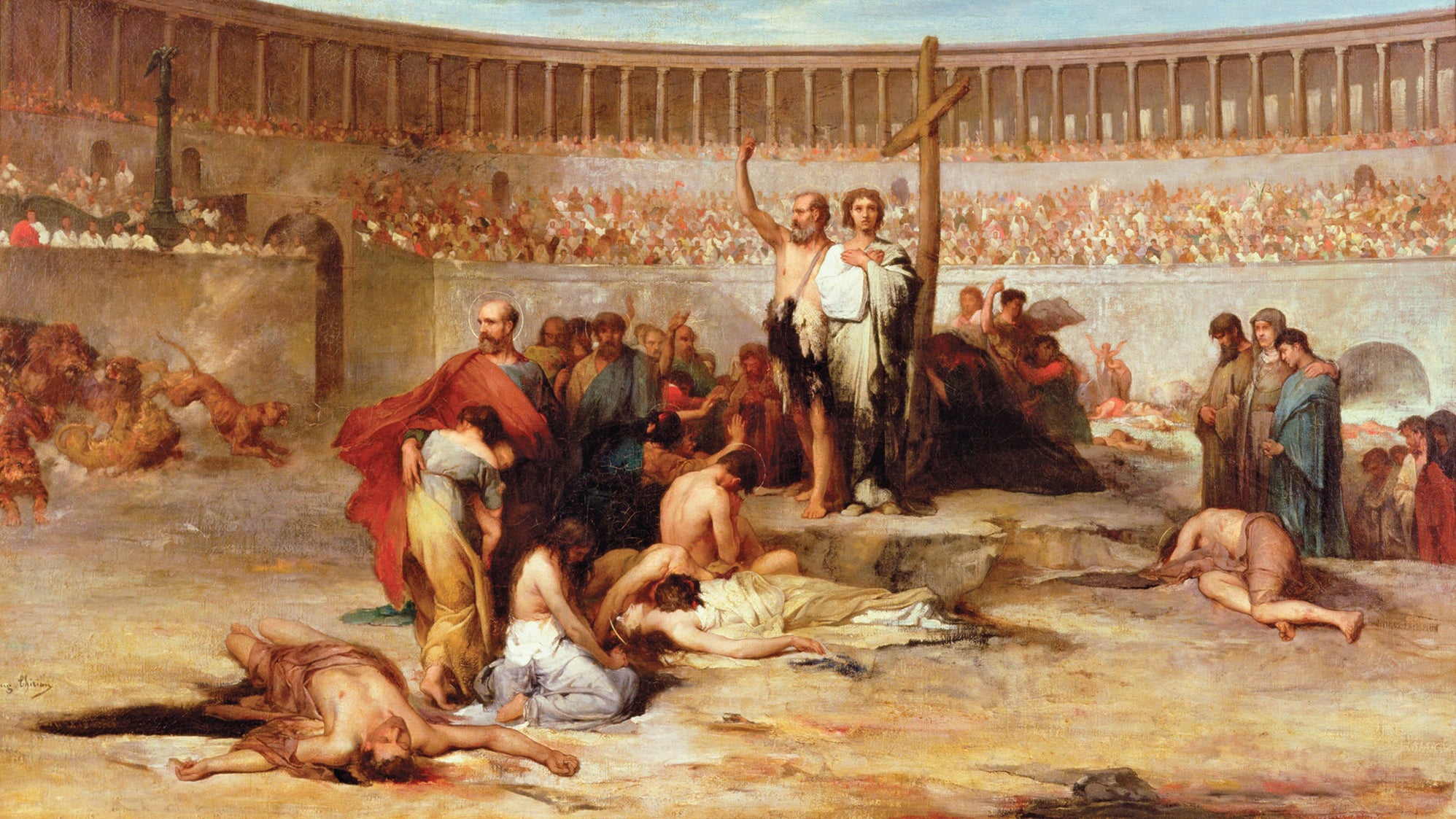
Ancient Christianity
History
Christianity emerged into a world shaped by the Roman Empire, the Jewish faith, and Greek philosophy. This course explains how the revolutionary message of the Gospel spread throughout this ancient world and how early Christians practiced their faith, endured persecution, and addressed theological questions and controversies.
11 Lessons
9.5h

Dante’s Divine Comedy
Literature
The Divine Comedy is one of the greatest works of Western literature. An epic poem in three parts, it tells the story of Dante’s journey through the afterlife: Inferno describes the suffering of souls warped by vice. Purgatorio explores the theme of repentance and the elements of good character. Paradiso reveals the true glory and freedom attainable with God.
10 Lessons
7.5h
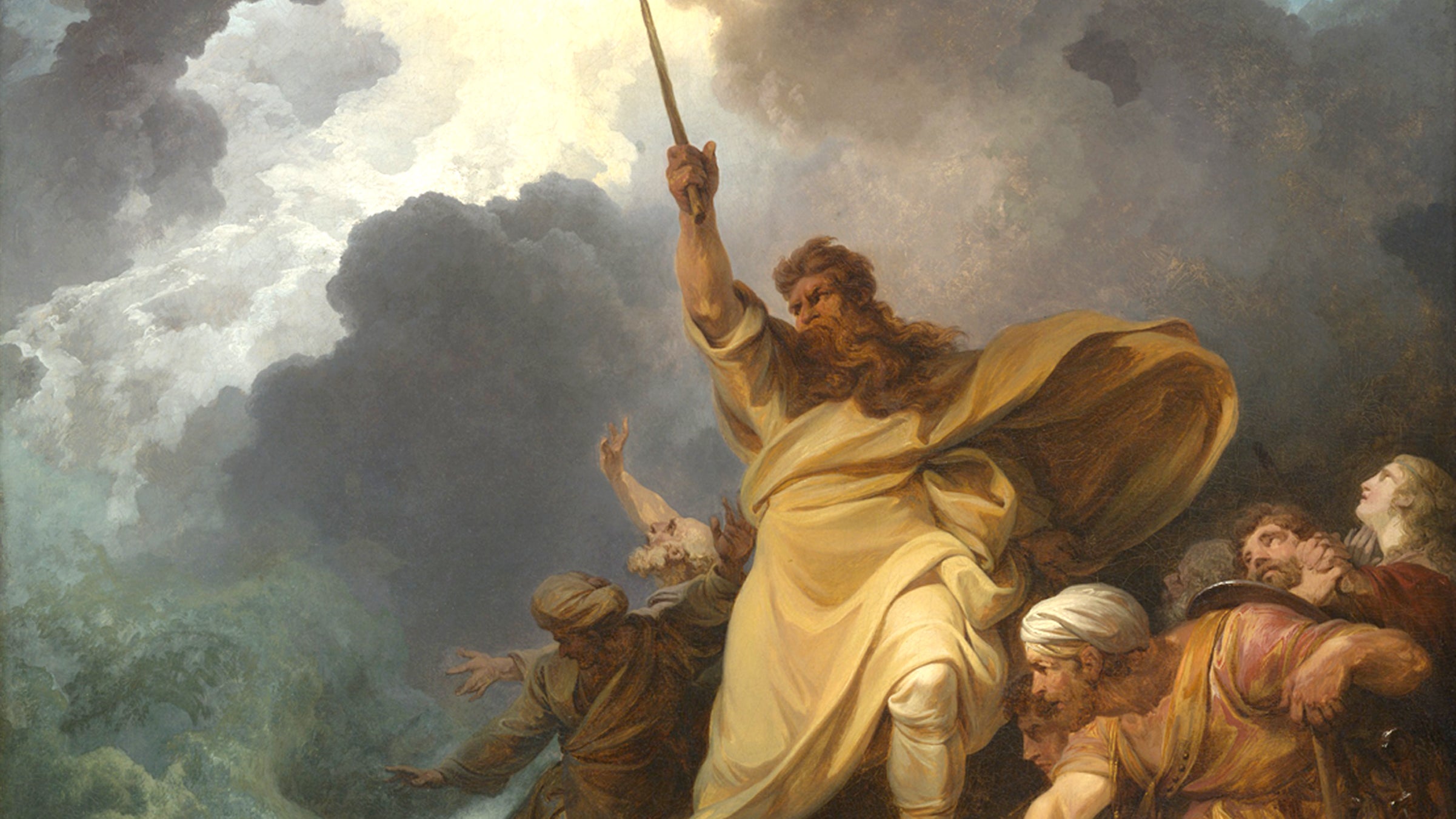
The Exodus Story
Literature
Exodus is central to the Old Testament and the Gospels. It tells the story of God reclaiming His people. This literary study of the Book of Exodus examines man’s relationship to God, God’s mercy toward man, and the nature of human freedom.
8 Lessons
4.5h
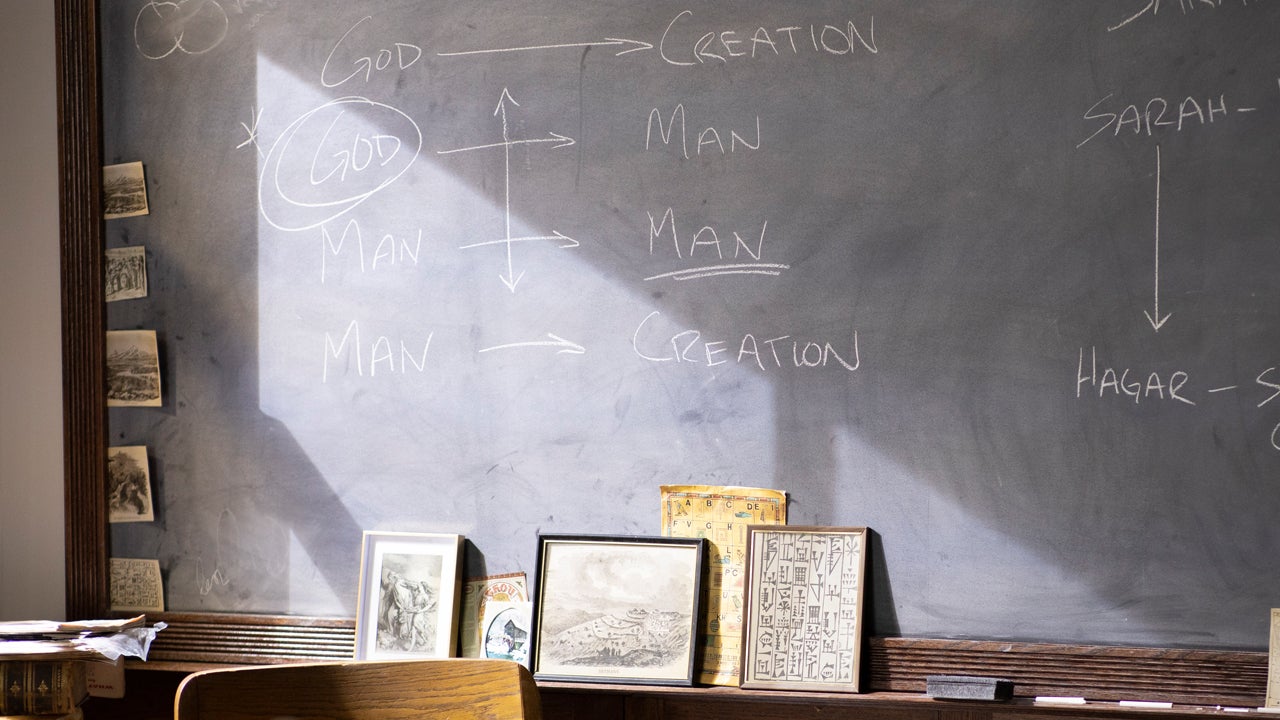
The Genesis Story: Reading Biblical Narratives
Literature
Genesis is a book of fundamental importance for the Jewish and Christian faiths and has exerted a profound influence on Western Civilization. In addition to being a great religious text, it is also a literary masterpiece. This course explores some of the work’s major narrative themes, including the complex relationship between God and man, the consequences of a rupture in that relationship, and the path towards reconciliation.
6 Lessons
6.5h
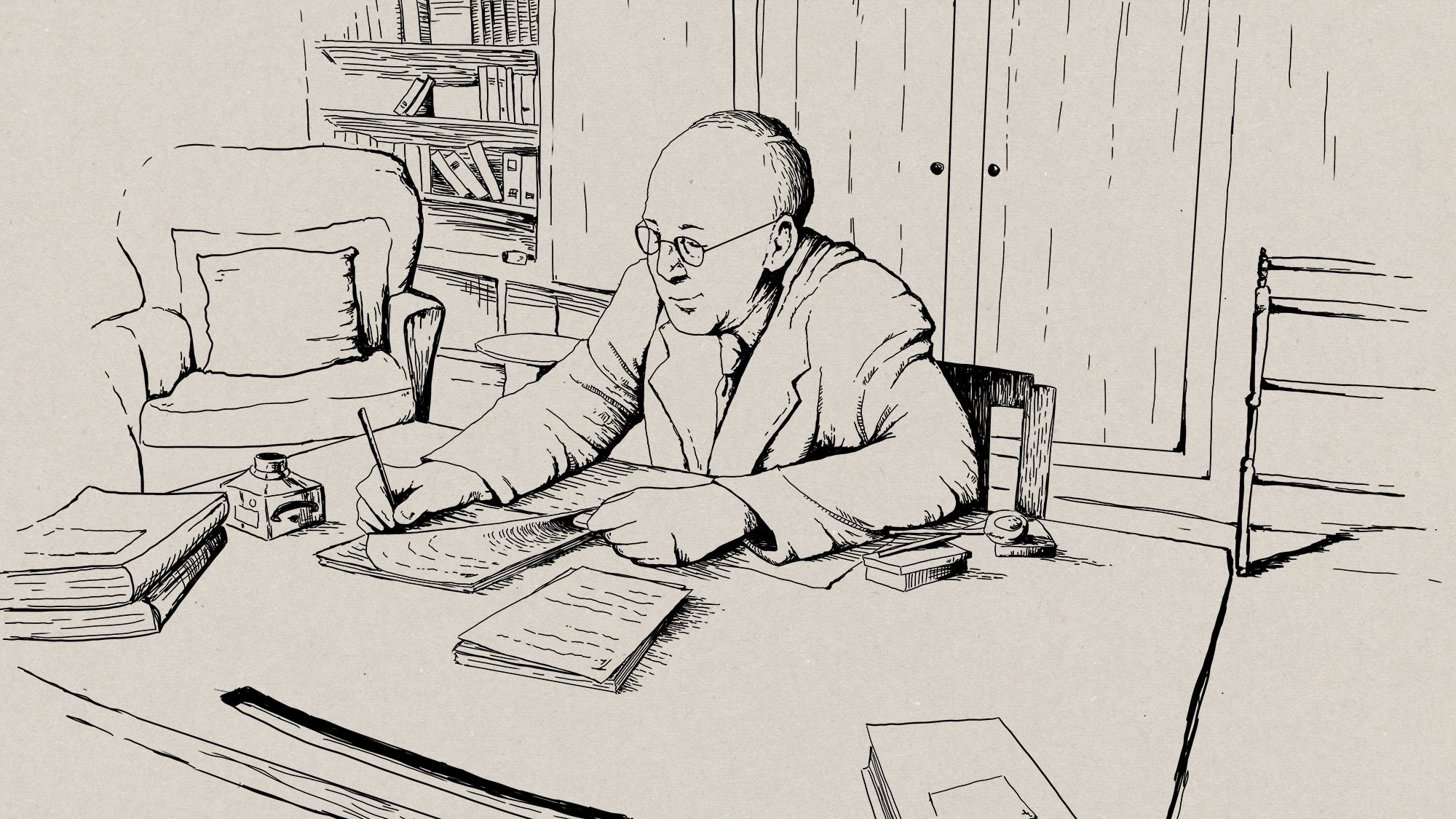
C.S. Lewis on Christianity
Philosophy & Religion
C.S. Lewis is the best modern writer at explaining the truth and goodness of the Christian faith. Through his imaginative and invigorating style, Lewis answers the eternal questions of theology in a manner that attracts those outside Christianity and strengthens those within the faith. This course examines Lewis’s writings about morality, conversion, prayer, the Bible, suffering, and the afterlife.
7 Lessons
5.5h
What Current Students Are Saying
The lecture is wonderfully delivered. The material is both comprehensive and informative and actually brings clarity to many events occurring both before the coming of Christ, during his life on Earth, and during the developmental years of Christianity.